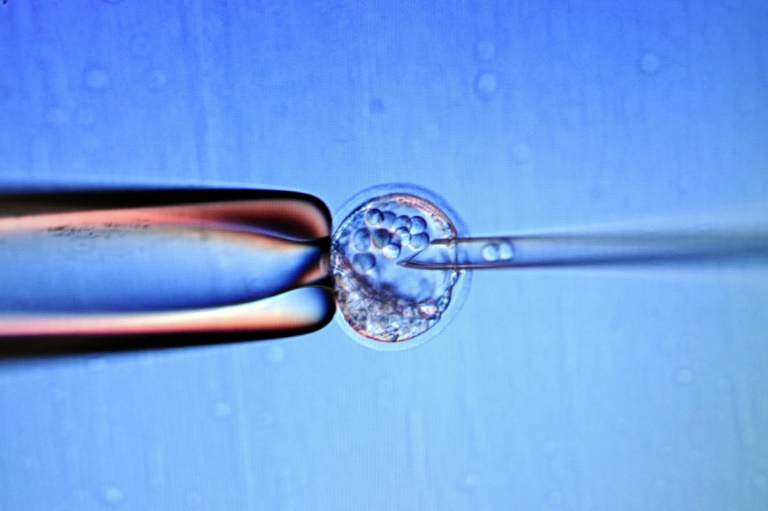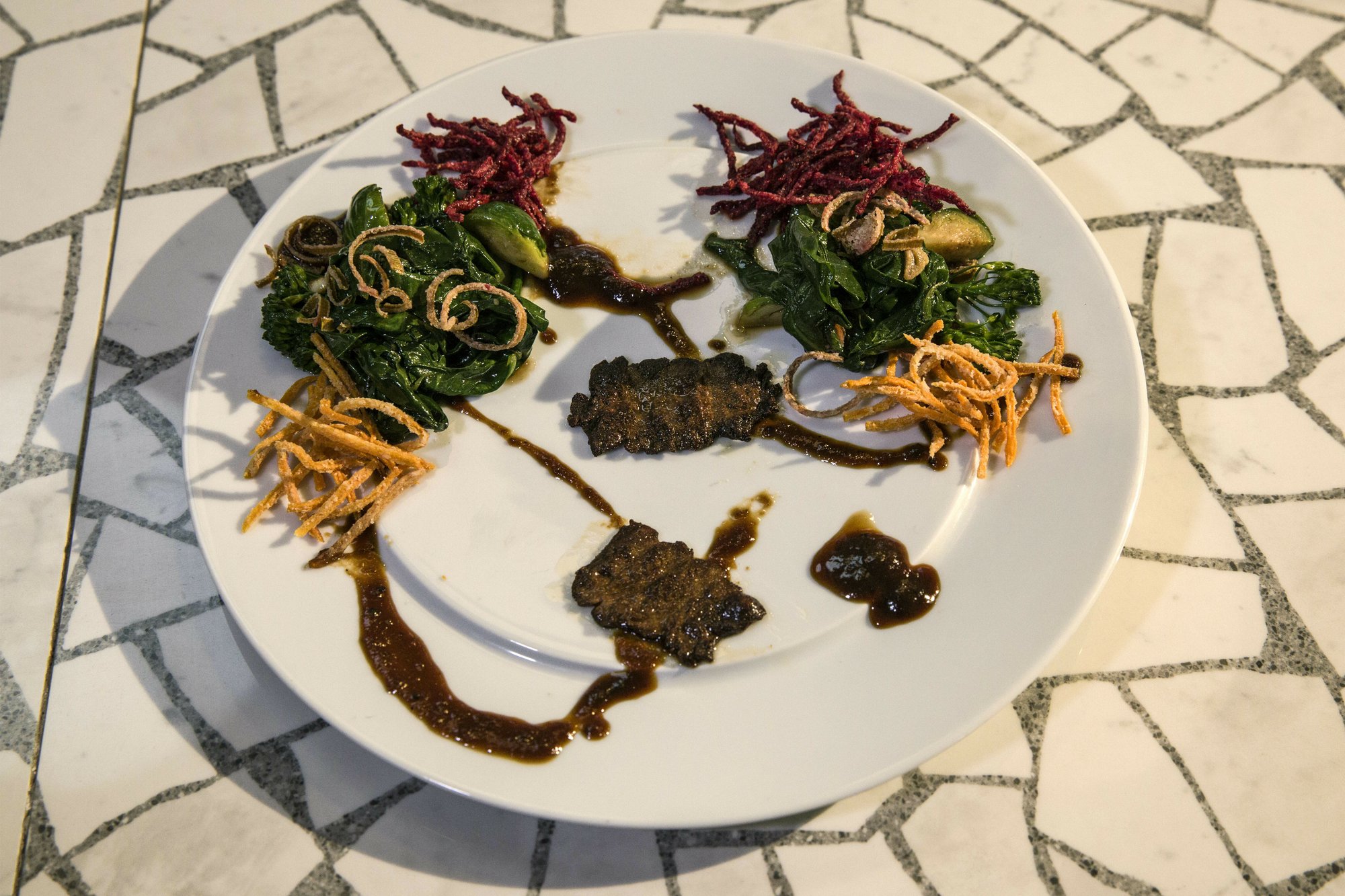Scientists in Japan said Friday they have for the first time succeeded in coaxing sperm cells from mouse embryonic stem cells, a breakthrough that could one day help humans overcome infertility.
The sperm were used to fertilize eggs and were found to produce "healthy offspring that grew into fertile male and female adult mice," said the study in a special online edition of the US journal Cell.
Potential use of the technology in humans is at least a decade away, the Kyoto University team said.
But the experiment is exciting because it tackles one of the biggest obstacles in biology – making embryonic stem cells into sperm precursors, known as primordial germ cells, which then can become healthy sperm.
"This is the first (study) to report the generation of fully functional germline cells from ES (embryonic stem) cells," lead author of the study, Mitinori Saitou, professor at the department of anatomy and cell biology graduate school of medicine, Kyoto University, told AFP by email.
Researchers took mice that were unable to produce normal sperm and injected them with the stem cell-derived primordial germ cells, or PGCs.
These PGCs "produced normal-looking sperm, which were then used to successfully fertilize eggs," said the study.
The team intends to continue studying the technique and its effects in further generations of male and female mice.




